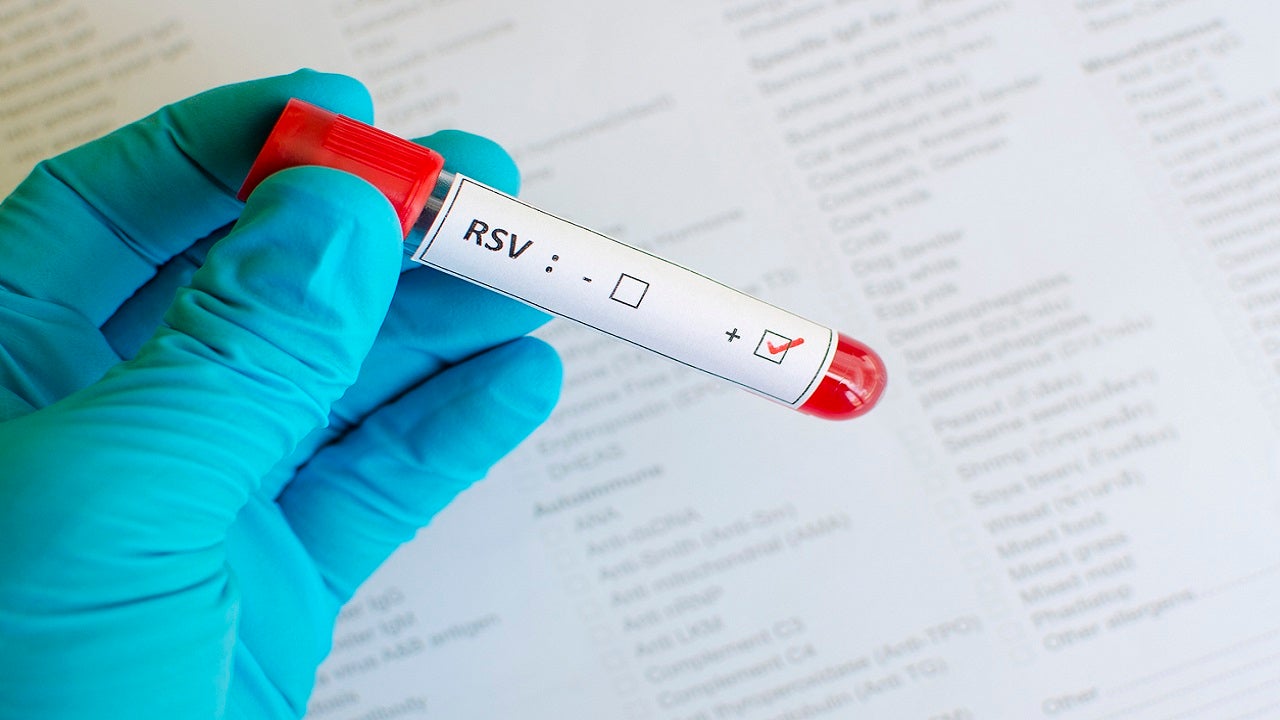A heart-health” target=”_blank”>screen for heart disease< Depending on your score, your physician will determine the appropriate treatment for you that may include medication or a procedure.

The Coronary artery calcium (CAC) test takes CAT scan images of the blood vessels that support the heart muscle. The test looks for buildup of calcified plaque that can affect the flow of blood to the heart. The calcium is composed of cholesterol, fats, calcium and other substances in the blood and is different from the calcium in bones, according to the AHA.
(iStock)
Health experts said a CAC score of zero means you have no plaque in your arteries and are at low risk for a heart attack. A score from one to 100 is associated with a low to medium risk of a heart attack, and your doctor may recommend lifestyle changes and some other treatment. Scores ranging from 101 to 300 suggest that you may have plaque that is blocking an artery and your chance of having a heart attack is moderate to high, typically warranting further evaluation and treatment. Scores over 300 suggest a large amount of plaque and your chance of heart attack is high. Your healthcare practitioner will likely want immediate follow-up testing and to start treatment at that level, according to health experts.
“A high calcium score correlates quite well with coronary heart disease. It’s not invasive and is a good screening test and sensitive,” Dr. Ismail El-Hamamsy, MD, PhD, a Randall B. Griepp Professor of cardiovascular surgery and system director of aortic surgery at Mount Sinai Hospital in New York City, told Fox News during an interview. The physician did caution that CAC testing may create anxiety with the potential for over diagnosis and added, “There will be false positives but you medical-research” target=”_blank”>push the investigation further<
Mike Esse is 69 years old and told Fox News that discussions about available screening tests like CAC testing can save a life. He should know – one discussion he attributed to saving his own life.

Heart disease is the leading cause of death
(iStock)
Esse explained to Fox News that during a round of golf he told his golf friends that he was taking healthy-living and would eventually need one stent due to a “clogged artery.” That was when Esse’s golf partner told him about how he just had a calcium score test performed and that the test picked up a blockage. “That led to him getting a stent in his heart and he felt better in just a matter of days,” Esse told Fox News.
Discussing the calcium test sparked Esse to re-evaluate his own treatment course. He decided to ask a physician about the test and it led to further evaluation, which “turned the entire conversation around.” The tests revealed Esse needed not one stent, but a triple bypass surgery due to three blocked arteries. “That conversation about that calcium score test saved my life,” Esse told Fox News.
CLICK HERE TO GET THE FOX NEWS APP
According to the Cleveland clinic, your doctor may suggest a CAC test if you:
- Have a family history of heart conditions
- Have high cholesterol, heart-health, or diabetes
- Are overweight and lead a sedentary lifestyle
- Are middle-aged
- History of smoking
Health experts told Fox News it is important to speak to your doctor to see if a CAC test is appropriate for you. Experts say you do not need to have symptoms to get this procedure.
 Iktodaypk Latest international news, sport and comment
Iktodaypk Latest international news, sport and comment






